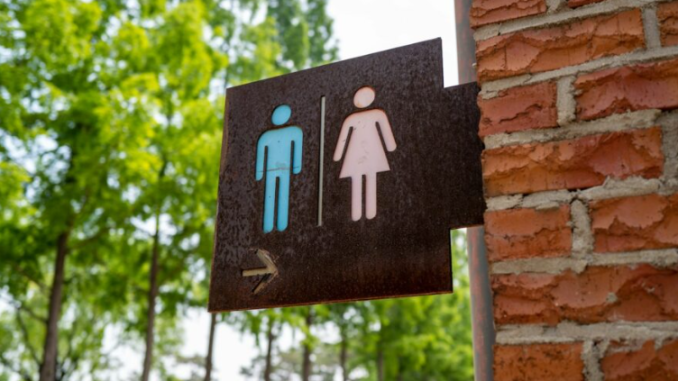
Let’s take a time machine back to 2016. Recall the reaction to North Carolina’s House Bill 2 that year, which similarly mandated bathroom use based on sex at birth. It triggered massive outrage, including corporate boycotts from companies like PayPal, which canceled a $3.6 million expansion; Deutsche Bank, which paused plans to add 250 jobs to its North Carolina campus; and most notably, the National Basketball Association, which relocated its 2017 All-Star Game from Charlotte, costing the state an estimated $100 million in economic losses. The bill was partially repealed in 2017 thanks to lawsuits and the blowback.
[snip]
The Texas house speaker at the time, Joe Straus (R-San Antonio), sided with big business and refused to let the bill move forward. IBM led the lobbying effort and took out full-page ads in Sunday editions of The Dallas Morning News, San Antonio Express-News, and the Austin American-Statesman. Protestors flooded the Capitol building in Austin.
Fast forward to 2025. These same companies have made zero statements. No ads. Not even a tweet. I asked IBM if they still opposed women’s privacy in public spaces and if not, what has changed since 2017? They did not respond.
[snip]
But really, what has changed since 2017? Well, everything. For starters, public opinion on transgender issues. In 2017, a Pew Research Center poll found that 54 percent of Americans say a person’s gender is determined by their sex assigned at birth. In 2022, that number flew up to 60 percent. From 2016 to 2021, Americans’ support for bathroom and locker room bills increased by 12 percent, up to 47 percent in favor of the restrictions, according to a Public Religion Research Institute survey.
Why has public opinion changed so rapidly? Partially because the issues themselves expanded rapidly. The demands for “trans rights” didn’t stop at letting them use a public restroom at city hall. It spread into every sex-protected space — prisons, women’s shelters, middle school locker rooms — and then into not just private spaces but the more public, coveted spaces too. Men started beating (and physically hurting) girls and women in sports, at every level, then they started letting men win beauty pageants and “Woman of the Year” awards.
[snip]
It’s now laughable to claim a bathroom bill is “discrimination” when everyone knows it’s common sense. Any corporation claiming otherwise would quickly become the next Bud Light or Target, and they know it. That’s the real reason you don’t see any Big Tech companies sticking their neck out for the sake of “discrimination” this time around. Instead, we are seeing more gatekeepers like Malcolm Gladwell admit they were “cowed” into pretending boys can be girls. Now that there’s no cost to them personally — only after someone else’s daughter has lost a medal or been raped on campus — do the elites, lobbyists, and tech CEOs feel free to let common sense legislation pass without a whisper.
* Original Article:
https://thefederalist.com/2025/09/05/winning-big-looks-like-texas-passing-a-bathroom-bill-with-zero-corporate-shakedowns/